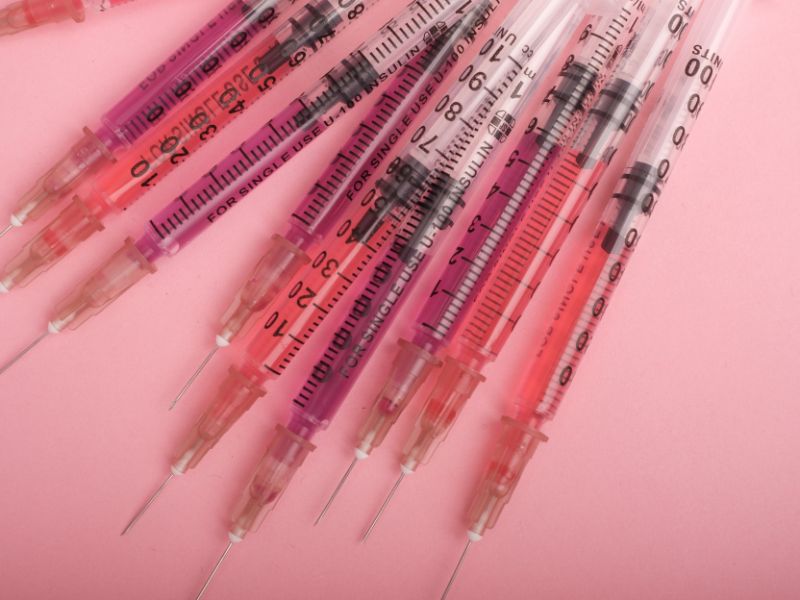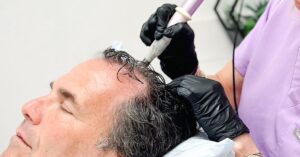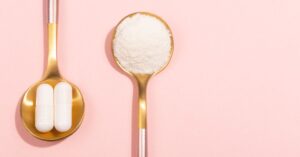Low Testosterone and Risk of All-Cause Mortality
Men with low testosterone may be at a risk of dying earlier, according to a new study. This new research published last month highlights a strong connection between low testosterone levels and increased mortality risks, particularly from cardiovascular diseases.
Researchers from the University of Western Australia and international colleagues analyzed data from over 24,000 men across 11 studies. They found that men with testosterone levels below 7.4 nmol/L had higher risks of all-cause mortality, and those with levels below 5.3 nmol/L had increased cardiovascular death risk. This study, notable for its rigorous IPD (Individual Participant Data) meta-analysis and accurate hormone measurement, helps clarify previous inconsistencies regarding sex hormones and health outcomes in older men.
The Critical Role of Testosterone
Testosterone, a vital hormone primarily produced in the testes, plays a crucial role in maintaining muscle mass, bone density, and overall energy levels. It also significantly impacts mood, libido, and cognitive function. Declining testosterone levels are a natural part of aging, particularly in men over 40. However, low testosterone can lead to a variety of men’s health issues, including, as this study suggests, all-cause mortality.
Beyond mortality risks, low testosterone is associated with conditions such as metabolic syndrome, type 2 diabetes, and reduced quality of life. Recognizing and addressing low testosterone through medical interventions and lifestyle changes can be crucial for improving long-term health outcomes. Regular monitoring and appropriate treatment can help mitigate these risks and enhance overall well-being.
When testosterone levels are low, it can interfere with the way nitric oxide works, making it harder for blood to flow properly through the body, including to the penis. Nitric oxide plays a vital role in the physiological process of achieving and maintaining an erection.
Symptoms of Low Testosterone
Lower testosterone levels can manifest through a variety of symptoms, including:
- Fatigue: Persistent tiredness and decreased energy levels.
- Depression and Mood Changes: Feelings of sadness, irritability, and difficulty concentrating.
- Decreased Libido: Reduced interest in sexual activity.
- Erectile Dysfunction: Difficulty achieving or maintaining an erection.
- Muscle Mass Loss: Reduction in muscle strength and mass.
- Increased Body Fat: Particularly around the abdomen.
- Bone Density Reduction: Increased risk of fractures and osteoporosis.
- Sleep Disturbances: Insomnia or changes in sleep patterns.
Recognizing these symptoms and seeking medical evaluation can help in managing and treating low testosterone effectively.
What Causes a Decrease in Testosterone?
Several natural factors can contribute to a decrease in testosterone levels, including:
- Aging: Testosterone production naturally declines with age, particularly after 40.
- Obesity: Excess body fat, especially abdominal fat, can lower testosterone levels.
- Chronic Illness: Conditions like diabetes, metabolic syndrome, and chronic kidney disease are linked to low testosterone.
- Medications: Certain drugs, such as opioids and corticosteroids, can affect testosterone production.
- Injury or Infection: Damage to the testicles or infections can impair testosterone production.
- Hormonal Disorders: Issues with the pituitary or hypothalamus glands can disrupt hormone regulation.
- Lifestyle Factors: Poor diet, lack of exercise, excessive alcohol consumption, and stress can all contribute to lower testosterone levels.
- Genetic Conditions: Disorders like Klinefelter syndrome can affect testosterone levels.
As a Functional Medicine provider, I look even deeper to look at the root cause of your declining testosterone levels, testing for:
- Nutrient Deficiencies: Deficiencies in essential nutrients like vitamin D, zinc, and magnesium can impair testosterone production.
- Chronic Stress: Prolonged stress increases cortisol levels, which can inhibit testosterone production.
- Gut Health: Poor gut health and dysbiosis can affect hormone balance and testosterone levels.
- Environmental Toxins: Exposure to endocrine-disrupting chemicals (EDCs) found in plastics, pesticides, heavy metals and other pollutants can interfere with testosterone production.
- Inflammation: Chronic inflammation can disrupt hormone production and balance.
- Sleep Disorders: Poor sleep quality and sleep disorders, such as sleep apnea, can lower testosterone levels.
- Insulin Resistance: Insulin resistance and metabolic syndrome are linked to lower testosterone levels.
How to Boost Testosterone Levels
To support healthy testosterone levels while addressing underlying root causes, I typically recommend the following strategies.
- Nutrition: Consuming a balanced diet rich in lean proteins, healthy fats, and complex carbohydrates can help support hormone production. Foods like eggs, fatty fish, and nuts are beneficial for boosting testosterone.
- Regular Exercise: Engaging in regular physical activity, especially strength training and high-intensity interval training (HIIT), can significantly increase testosterone levels.
- Adequate Sleep: Ensuring 7-9 hours of quality sleep each night is crucial for hormone balance and overall health.
- Stress Management: Reducing stress through activities like meditation, yoga, and mindfulness can help lower cortisol levels, which can positively impact testosterone.
- Limit Alcohol and Avoid Drugs: Excessive alcohol consumption and recreational drug use can lower testosterone levels. Moderation is key.
- Supplements: Supplements like vitamin D, zinc, and ashwagandha have been shown to support testosterone production.
TestoPlex Plus by Xymogen
TestoPlex™ Plus features two safe, clinically-tested, standardized, and patented ingredients designed to support vitality and general physical and mental well-being in men and women.
Testerone Replacement Therapy
In addition to all of the health strategies listed above, you may also be a candidate for Testosterone Replacement Therapy.
Testosterone Replacement Therapy (TRT) is a medical treatment used to restore low testosterone levels to a normal range. It is beneficial for men experiencing symptoms of hypogonadism, such as fatigue, depression, decreased libido, and muscle loss.
Forms of TRT:
- Injections: Administered directly into the muscle, providing a controlled release of testosterone.
- Gels and Creams: Applied to the skin, absorbed transdermally.
- Patches: Worn on the skin, releasing testosterone steadily over time.
- Pellets: Implanted under the skin, releasing testosterone gradually.
Benefits of TRT:
- Improves mood and energy levels
- Enhances libido and sexual function
- Increases muscle mass and bone density
- Supports overall well-being
Considerations: TRT should be monitored by a healthcare provider to evaluate the risks and benefits with a medical professional before starting TRT.
If you think you are experiencing low testosterone, book a consult with me today. We can explore potential root causes to better understand your body. Addressing these factors can help manage and prevent low testosterone levels, promoting better overall health and well-being.
Call me today: 561-283-1166
-Erich Acebedo, MD

Erich Acebedo, MD
Dr. Acebedo is a functional medicine expert who is board-certified in Internal Medicine and has advanced expertise in Age Management medicine. He has certifications from the Institute of Functional Medicine and a Peptide Certification from the American Academy of Anti-Aging Medicine. He is a Rigvir Certified Practitioner, and Swiss Biologic Medicine under Dr. Thomas Rau in Switzerland, who focuses on innovative functional cancer treatments.










